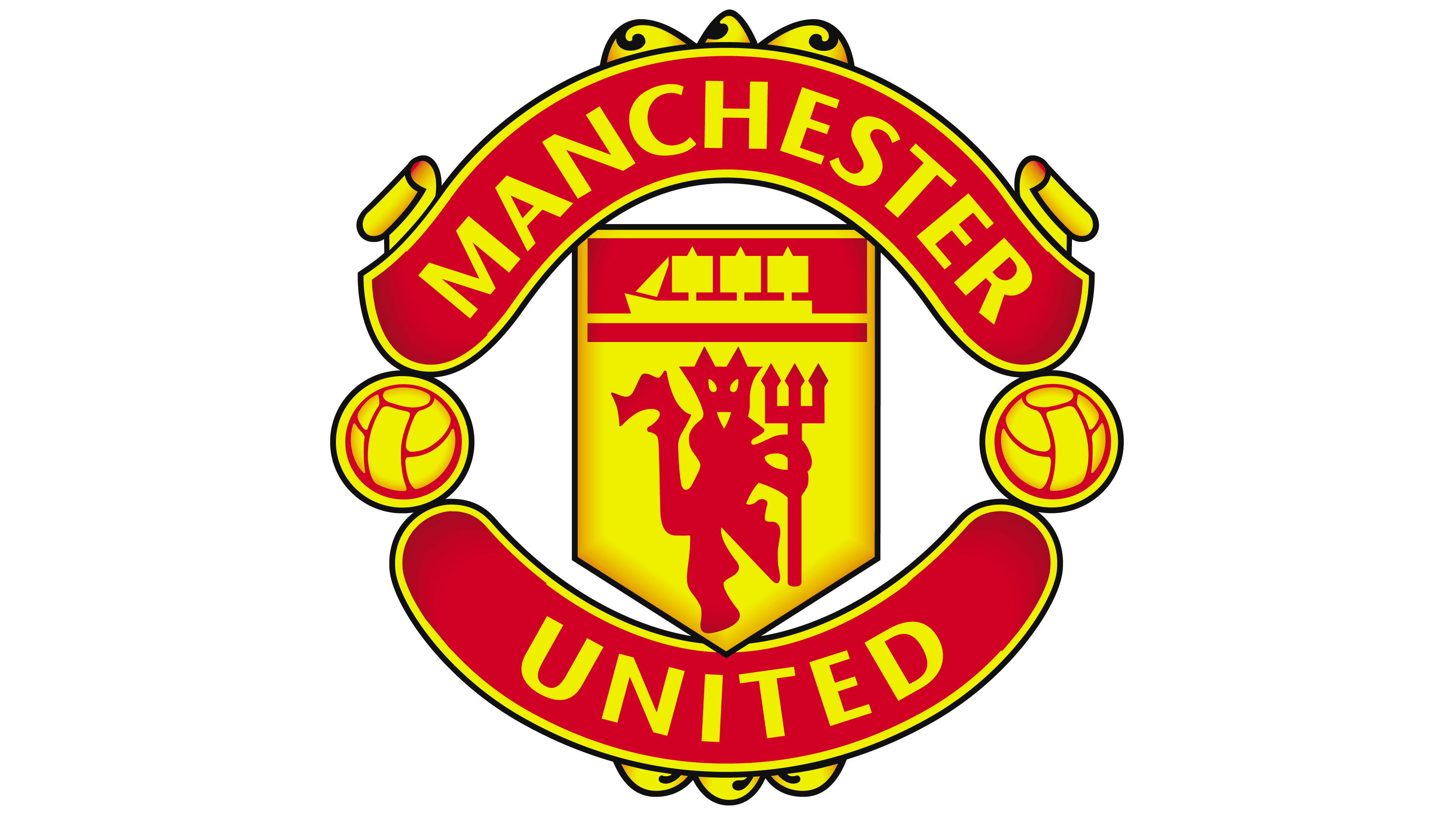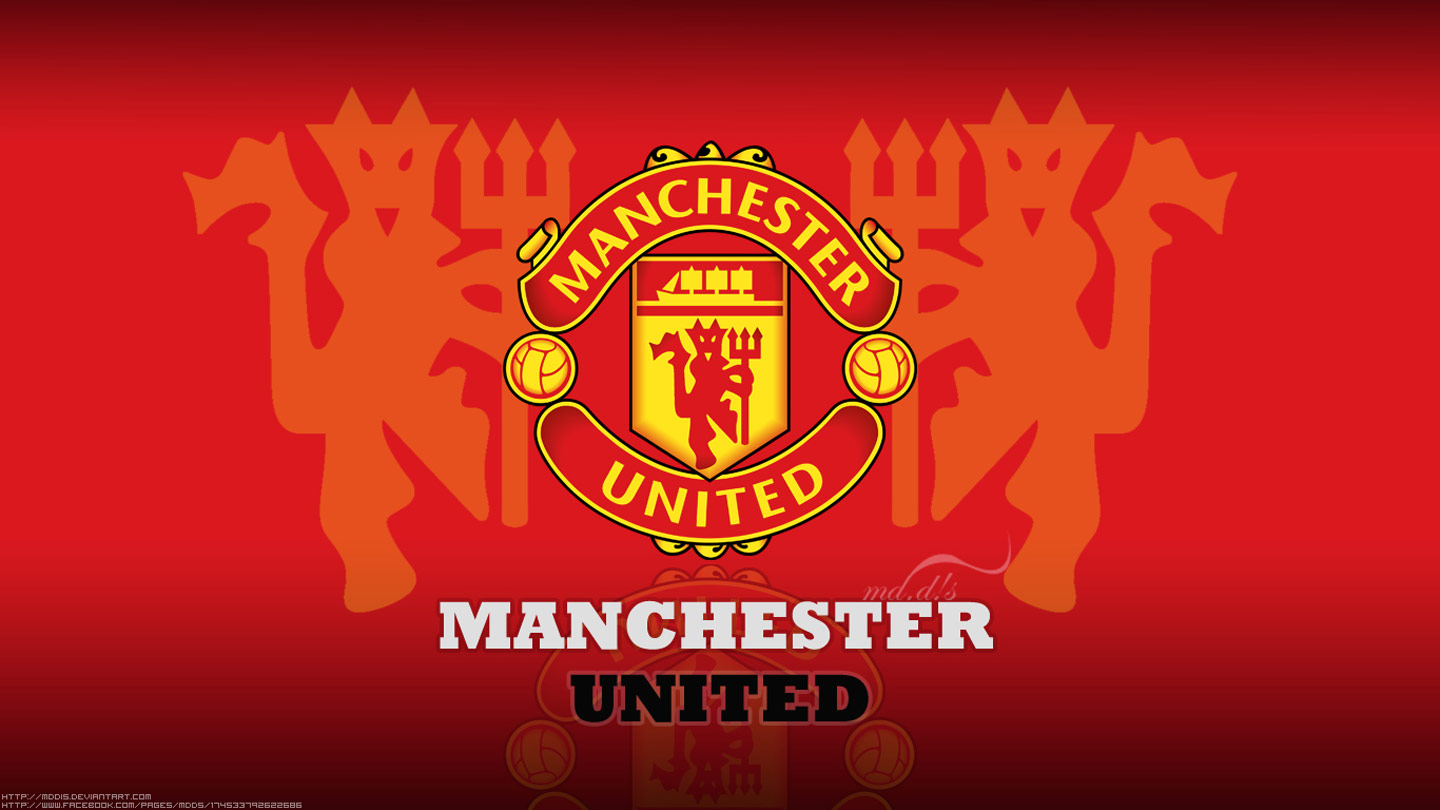About Manchester United: From its humble beginnings to its current global dominance, the story of Manchester United is a captivating saga of triumph, resilience, and unwavering ambition. This exploration delves into the club’s rich history, iconic players, fierce rivalries, and enduring legacy, painting a vivid picture of one of football’s most celebrated institutions.
We will examine key moments in the club’s evolution, from its early days to its current standing as a global brand. We’ll profile legendary players and managers, analyze its strategic commercial ventures, and discuss the passionate global fanbase that fuels the club’s continued success. The journey will also explore the electrifying atmosphere of Old Trafford, the club’s home stadium, and the intense rivalries that define Manchester United’s identity.
Manchester United: A Legacy Forged in Football: About Manchester United
Manchester United, one of the world’s most recognizable and successful football clubs, boasts a rich history, a passionate fanbase, and a global influence that extends far beyond the pitch. This article delves into the multifaceted aspects of the club, from its humble beginnings to its current standing as a global footballing giant.
A Timeline of Manchester United’s History
From its formation as Newton Heath LYR Football Club in 1878 to its current status as a global brand, Manchester United’s journey has been marked by triumphs, tragedies, and periods of significant change. Key moments include the club’s renaming to Manchester United in 1902, its move to Old Trafford in 1910, and the transformative eras under managers like Sir Matt Busby and Sir Alex Ferguson.
- 1878: Founded as Newton Heath LYR Football Club.
- 1902: Renamed Manchester United.
- 1910: Moved to Old Trafford.
- 1958: Munich air disaster.
- 1968: European Cup victory under Sir Matt Busby.
- 1992: Premier League era begins.
- 1999: Treble-winning season under Sir Alex Ferguson (Premier League, FA Cup, UEFA Champions League).
- 2013: Sir Alex Ferguson’s retirement.
The evolution of the club’s playing style, from the Busby Babes’ attacking flair to the pragmatic approach under Ferguson, reflects the changing dynamics of the game and the club’s adaptability.
Manchester United’s Crest and Kits Through Time, About manchester united

The club’s visual identity has evolved alongside its on-field successes. The crests and kits have reflected changes in fashion, sponsorship deals, and the club’s overall image. The evolution is evident in the following table:
| Image | Description | Years Used | Significance |
|---|---|---|---|
| A descriptive representation of an early crest, perhaps featuring a devil or a simpler design. | Early crest, reflecting the club’s origins. | 1902-1950s (approximate) | Represents the early years and the club’s transition from Newton Heath. |
| A descriptive representation of a later crest, potentially more detailed. | A more detailed crest, incorporating the club’s name and potentially a football. | 1950s-1970s (approximate) | Reflects a period of growth and success under Sir Matt Busby. |
| A descriptive representation of a modern crest. | The modern crest, often featuring a stylized devil and the club’s name. | 1990s-Present | Represents the club’s global brand and modern identity. |
| A descriptive representation of a kit from a specific era. | A classic kit design, perhaps with a specific colour scheme. | 1960s-1970s (example) | Associated with a particular era of success or a memorable moment. |
Old Trafford: The Theatre of Dreams
Old Trafford, Manchester United’s iconic home, is more than just a stadium; it’s a symbol of the club’s history and a pilgrimage site for football fans worldwide. Its imposing architecture, vast capacity, and electrifying atmosphere contribute to its legendary status.
The stadium’s architectural features include its grand stands, imposing floodlights, and the iconic Munich Clock, a tribute to the victims of the 1958 air disaster. It has undergone several expansions and renovations throughout its history, increasing its capacity and improving facilities for players and fans. The fan experience at Old Trafford is renowned for its passionate atmosphere, with the roar of the crowd creating an unforgettable spectacle.
Browse the implementation of premier league 93/94 in real-world situations to understand its applications.
Entering Old Trafford is a sensory experience. The sight of the vast stadium, the sounds of chanting fans and the announcer’s voice, and the smells of hot food and freshly cut grass all contribute to an atmosphere of anticipation and excitement. The sheer scale of the place, the weight of history within its walls, and the palpable energy of the crowd combine to create a truly unique and memorable experience.
Key Players and Managers in Manchester United’s History
Manchester United’s success is inextricably linked to the contributions of exceptional players and visionary managers. Five players who stand out for their immense impact on the club include George Best, Bobby Charlton, Denis Law, Cristiano Ronaldo, and Eric Cantona. Their skill, charisma, and leadership qualities helped shape the club’s identity and inspire generations of fans.
The management styles of Sir Matt Busby, Sir Alex Ferguson, and José Mourinho represent different approaches to success. Busby fostered a youthful, attacking style, while Ferguson built a dynasty based on discipline and tactical flexibility. Mourinho’s style is characterized by defensive solidity and counter-attacking prowess. Each manager left an indelible mark on the club.
Current key players demonstrate a blend of experience and emerging talent. [List of current key players with positions and strengths would be included here].
A hypothetical “dream team” from all eras would likely include a blend of legendary figures and modern stars, reflecting the diverse styles and strengths that have defined Manchester United’s history. This team would need a balance of attack, defense and midfield mastery, ensuring a cohesive and formidable unit.
Rivalries and Relationships
The Manchester derby against Manchester City is arguably the most intense rivalry in English football. The proximity of the two clubs, their shared city, and their contrasting histories fuel a fierce competition. Other key rivalries include those with Liverpool and Arsenal, rooted in historical battles for league titles and domestic cups.
Memorable moments from these rivalries abound, from dramatic last-minute goals to controversial refereeing decisions. The fan bases of Manchester United and its rivals often exhibit passionate loyalty and fierce competition, contributing to the intensity of these matches.
Manchester United’s Global Impact
Manchester United’s global reach is unparalleled in the football world. The club’s commercial activities and sponsorships extend across continents, generating substantial revenue and solidifying its position as a global brand. Its fan base spans the globe, with passionate supporters in Asia, Africa, Europe, and the Americas.
The club leverages social media platforms to connect with its diverse fanbase, sharing updates, engaging with fans, and promoting its brand. This digital strategy is integral to maintaining a strong connection with its supporters worldwide.
Manchester United’s Culture and Identity
Manchester United’s culture is defined by a blend of tradition, ambition, and a strong sense of community. The club’s values of excellence, teamwork, and respect are reflected in its actions both on and off the field. The balance between tradition and innovation is crucial to the club’s continued success. The club’s commitment to youth development ensures a continuous flow of talent.
- Glory, Glory Man United
- Viva Ronaldo
- We’ll keep the red flag flying high
Recent Performance and Future Prospects

Manchester United’s recent performance has been a mix of highs and lows. The club’s current squad is undergoing a period of transition, with a focus on building a competitive team for the future. Potential transfer targets and long-term strategic goals reflect the club’s ambition to return to the pinnacle of English and European football.
The club’s financial performance in recent years has been generally strong, although subject to fluctuations based on results and commercial activities.
Manchester United’s story is far from over. While the club navigates the ever-evolving landscape of modern football, its enduring legacy, global reach, and passionate fanbase ensure its continued relevance and influence on the world stage. The club’s future remains unwritten, but its rich past and present provide a compelling narrative for generations to come. The legacy of Manchester United is a testament to the power of sport, the enduring appeal of the beautiful game, and the unwavering loyalty of its millions of supporters worldwide.


